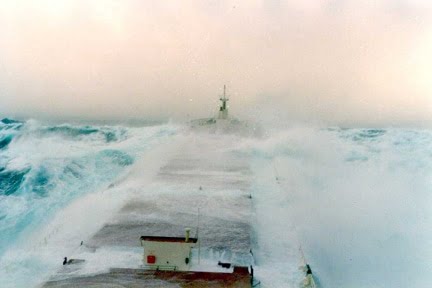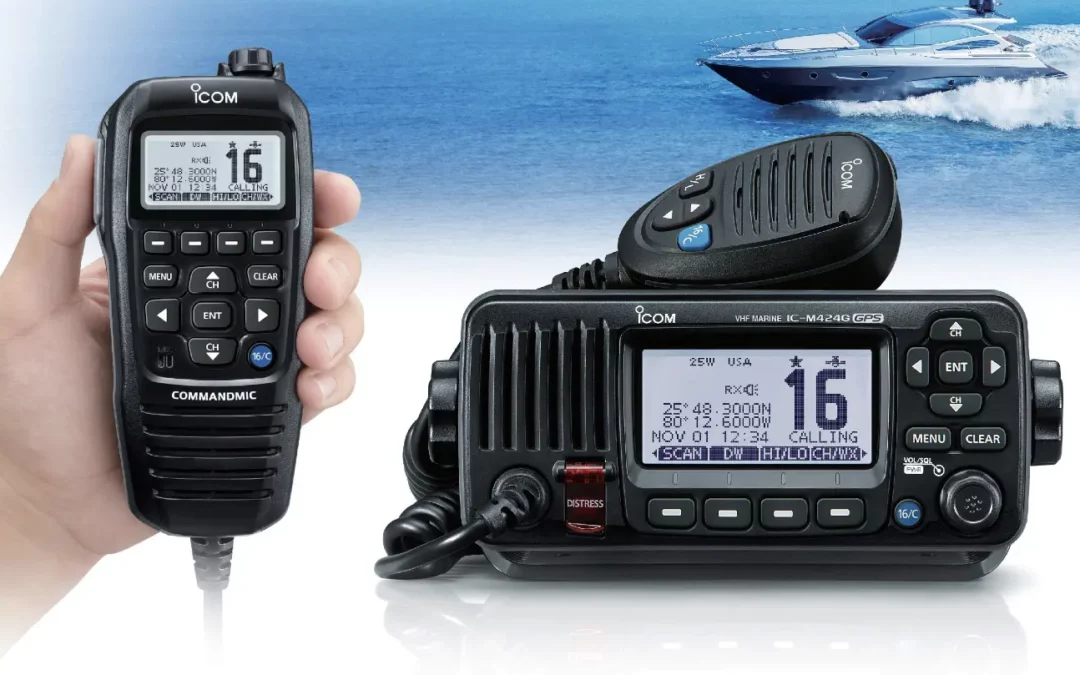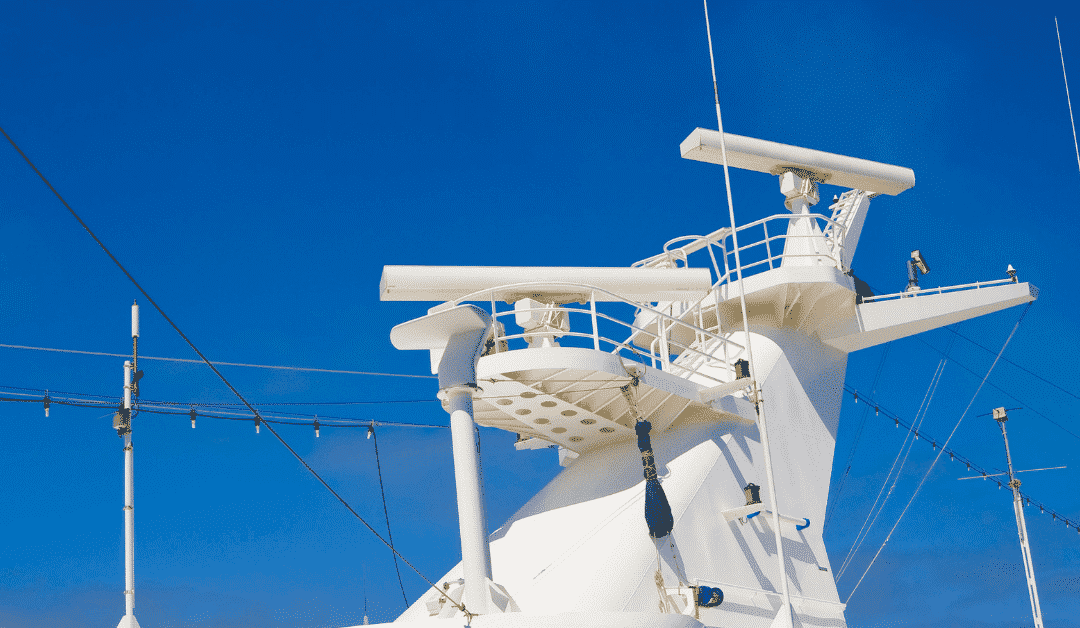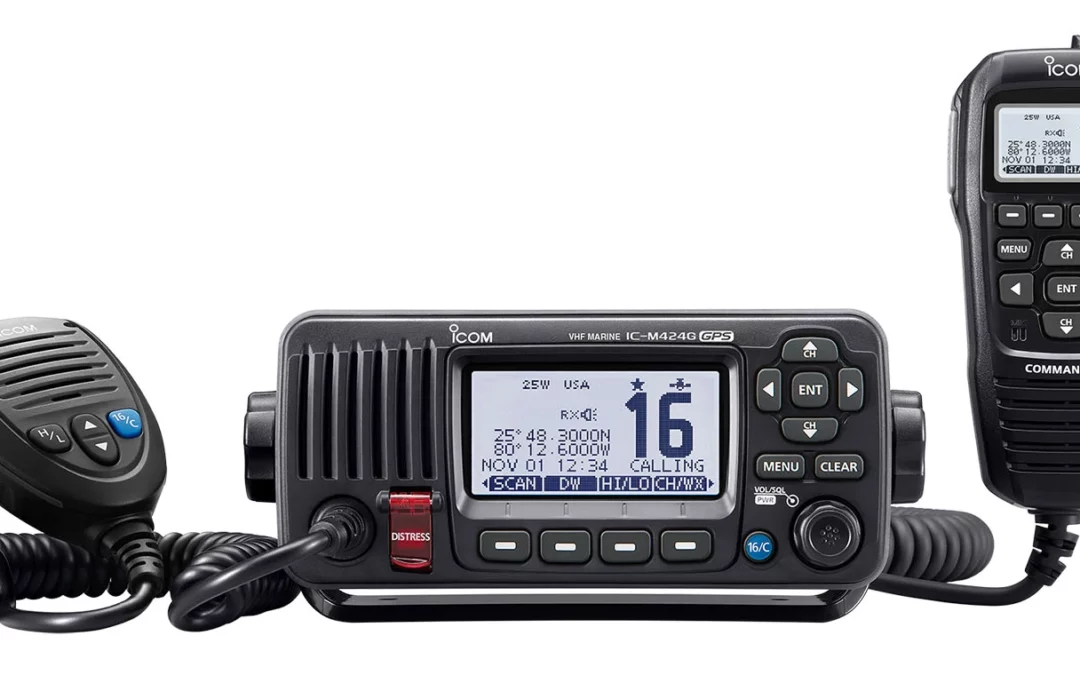Introduction: Importance of Radio Regulations in the Marine Industry
In the vast expanse of the commercial marine industry, where safety, communication, and coordination are paramount, adhering to radio regulations is a non-negotiable aspect of operational success. Radio regulations establish a framework for reliable communication, ensuring vessels operate safely and efficiently in the dynamic and often challenging maritime environment. In this article, we explore the nuances of navigating radio regulations and the critical importance of compliance in the commercial marine industry.
Overview of Radio Regulations: Global vs. Regional Standards
Radio regulations in the commercial marine industry are a combination of global and regional standards. While international agreements, such as those set by the International Telecommunication Union (ITU), provide a global framework, individual countries or regions may have additional regulations to address specific concerns. These regulations cover a spectrum of aspects, from frequency allocations and licensing requirements to equipment standards and emergency communication protocols.
Key Compliance Requirements: Licensing, Equipment Standards, Monitoring
- Compliance in the commercial marine industry involves meeting various key requirements:
- Licensing: Operators must obtain valid licenses to operate radio equipment. These licenses often require demonstrating proficiency in operating the equipment and understanding communication protocols.
- Equipment Standards: Vessels must use radio equipment that meets specified standards to ensure reliability and compatibility. These standards cover everything from the type of radio used to the technical specifications of the equipment.
- Monitoring: Compliance includes regular monitoring of radio communications to ensure adherence to regulations. This involves checking for proper frequency usage, verifying licenses, and ensuring that emergency communication protocols are followed.
Challenges in Compliance: Complexity, Changing Regulations, Enforcement
- While compliance is essential, several challenges exist in navigating radio regulations in the commercial marine industry:
- Complexity: The sheer complexity of regulations, encompassing both global and regional standards, can pose challenges for operators and regulatory authorities alike.
- Changing Regulations: The maritime landscape is dynamic, with regulations evolving to address emerging challenges. Keeping abreast of these changes and ensuring compliance can be demanding.
- Enforcement: Enforcement of regulations is a significant challenge, especially in international waters. Coordination among different maritime authorities is crucial for effective enforcement.
Best Practices for Compliance: Regular Training, Documentation, Communication
- Effective compliance requires the adoption of best practices:
- Regular Training: Continuous training ensures that operators are aware of the latest regulations, equipment usage guidelines, and emergency communication protocols.
- Documentation: Maintaining accurate and up-to-date documentation, including licenses, equipment certifications, and communication logs, is essential for proving compliance.
- Communication: Establishing clear communication channels within and between vessels, as well as with regulatory authorities, fosters a culture of compliance and enhances safety.
Technology Solutions for Compliance: SDRs, Automation Tools
- Technology plays a crucial role in addressing compliance challenges in the commercial marine industry:
- Software-Defined Radios (SDRs): SDRs provide flexibility in adapting to changing frequency requirements and standards. Their programmable nature allows for efficient compliance with evolving regulations.
- Automation Tools: Automated monitoring tools can assist in real-time surveillance of radio communications, helping identify and address compliance issues promptly.
Conclusion: Emphasize Importance of Compliance for Safety
In conclusion, navigating radio regulations and ensuring compliance in the commercial marine industry is a multifaceted challenge with far-reaching implications for safety and operational efficiency. Striking a balance between global and regional standards, understanding key compliance requirements, and addressing challenges through best practices and technology solutions are crucial for success. Compliance isn’t merely a regulatory obligation; it is a fundamental pillar supporting the safety of vessels, crew members, and the marine environment. As the commercial marine industry continues to evolve, embracing a proactive approach to radio regulations is not just a matter of adherence but an investment in the safety and success of maritime operations on a global scale.








0 Comments